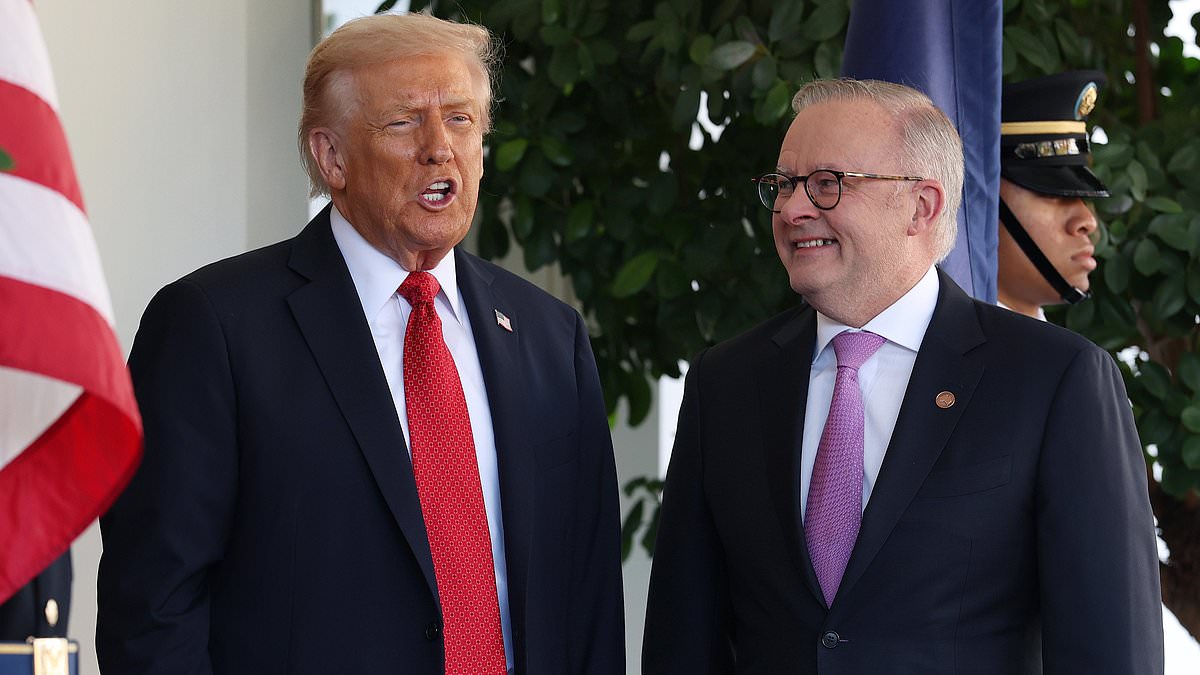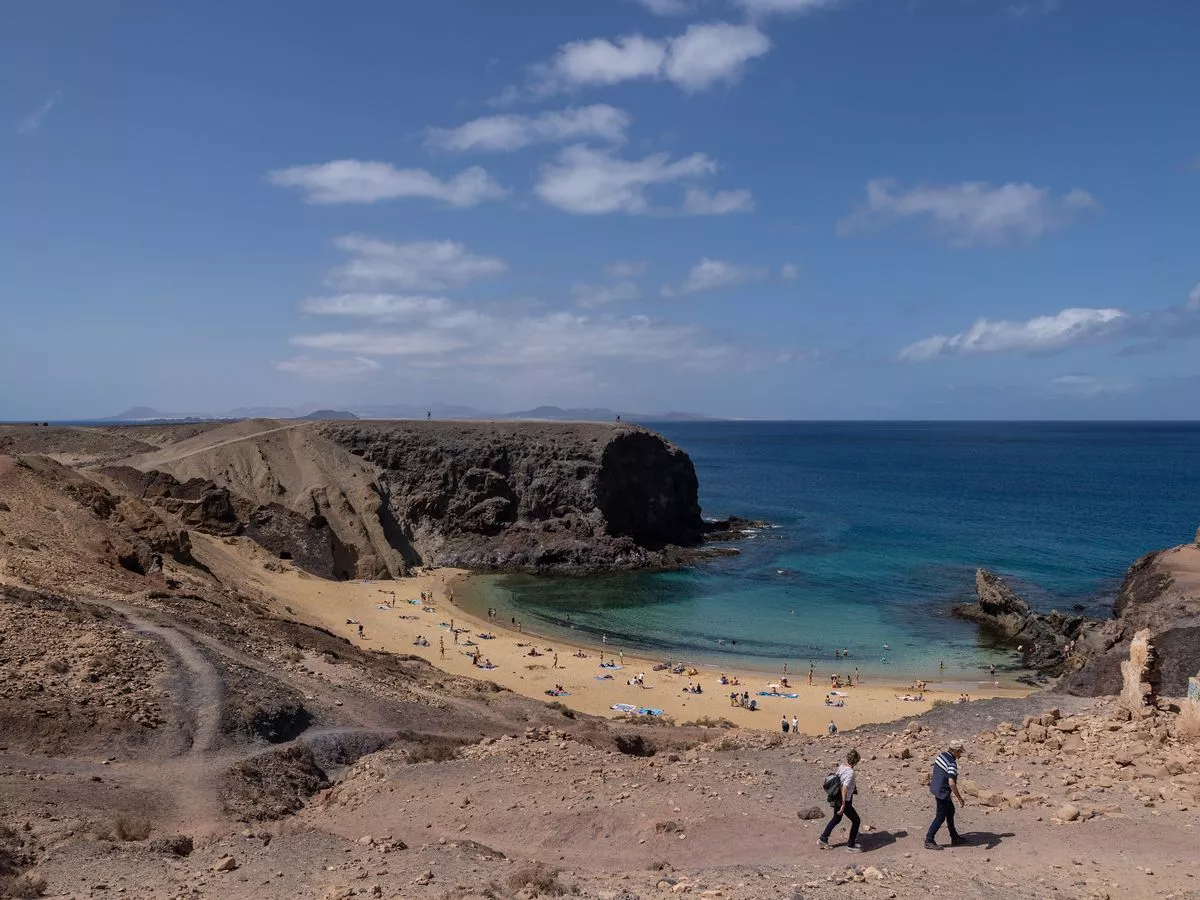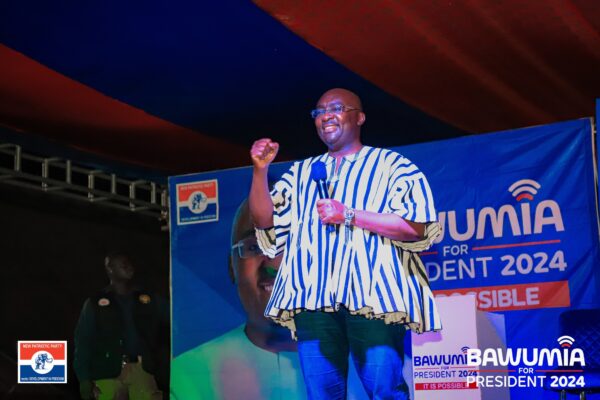Copyright dailymail

I'm sometimes amused by the contradictory messages from the Australian media,' Prime Minister Anthony Albanese mused on Thursday while overseas. 'They say I should travel more internationally, and when I do, they say I should travel less.' Ah, another whinge about the press. It's an unbecoming habit he's starting to lean on - perhaps accelerated by his meeting with U.S. President Donald Trump, a man known to dismiss any unfavourable media as 'fake news'. In truth, it's the oldest fallacy in politics: pretend 'the media' is all of one mind, spot a contradiction across different outlets and varied voices, then claim some sort of intellectual slam-dunk. There is no such thing as 'the media', singular. There are newspapers, broadcasters, websites, podcasts, influencers, meme accounts. There are reporters, editors, content producers and commentators. The list goes on. They aren't a single-minded collective. Surely one of Albo's many, many media advisors - once described as a cricket team of spinners - could tell him that. Some think a PM should spend more time abroad; others think he should stay home. Others just don't care either way, so long as he shows up, takes questions, and explains himself. That's pluralism, not a conspiracy. The irony in Albo accusing the media of inconsistency? That trait is far more common in politicians. Albo said he wouldn't change stage three income tax cuts, then did. He said he wouldn't tinker with super taxes, then he did. I could keep going but few readers need convincing that politicians like Albo are pathologically inconsistent. It comes with the job of spending half your life in Parliament - which is often called coward's castle for a reason. In a perfect example of callow commentary, Albo - self-appointed captain of diversity - bundles 'the media' together, then sneers at said bundle, and calls it analysis. If a prime minister wants to be taken seriously on scrutiny, start with first principles. Thomas Jefferson, who had plenty of reasons to loathe his press, put it bluntly: 'Were it left to me…government without newspapers, or newspapers without a government, I should not hesitate a moment to prefer the latter.' That's not naivety about journalism - it's a statement about power. A government that expects to be indulged by a compliant media doesn't understand democracy at all. The role of a free press is to be annoying. To contradict. To ask, again and again: why you chose this trip, skipped that meeting, or pushed a domestic decision into next week. That's not a gotcha - it's the oxygen of accountability. Which is why the Trump-style swipe Albo delivered to the media is so telling. It confuses irritation with insight. Perhaps it's the company he's been keeping, a case of Albo being easily influenced after his time abroad. Politics isn't a therapy session where you get to vent about the tone of your coverage. 'Never complain, never explain' - that's a line associated with the British royals for a reason: whingeing about coverage signals insecurity, not strength. Explaining the rationale for your choices is a politician's job in a democracy. Complaining about how those explanations land is the refuge of the fragile. There's also a simple, practical point every leader learns, usually the hard way: 'Never argue with a man who buys ink by the barrel.' In 2025, the barrels are servers and fibre, but the logic stands. Pick a fight with the press as a class and you don't just look thin-skinned - you guarantee you'll be asked the same questions again tomorrow. The contradiction the PM arrogantly claimed to spot wasn't a contradiction at all. It's the difference between one reporter saying, 'Why aren't you in Washington?' and another asking, 'Why weren't you in Whyalla?' That's the job. On any given week, a national leader will face mutually inconsistent demands. Welcome to governing. The task is to show judgment. If the explanation amounts to 'we'll work out our itinerary' - as Albo went on to dismissively say - expect the follow-ups to be sharper next time. Because that's a non-answer and a cop-out by someone who just might think he's above explaining himself. There's a deeper conceit in the 'media contradiction' routine: it assumes voters are too dim to tell the difference between diverse commentary and a single editorial line. They're not. Australians can read across outlets and make up their own minds. They know the ABC isn't Sky News, which isn't the Guardian, which isn't the Herald Sun or the Daily Mail. They also know when a politician is trying to wave away legitimate scrutiny with a glib and snippy response. If Albo wants a standard, how about treating the media with the cold respect you owe any check on executive power? Front up, answer the question asked, not the one you wish had been asked. When you're wrong, say so. When you're right, show your work. Save the theatrics for the caucus room. And remember Jefferson's hard truth: newspapers without government are preferable to government without newspapers. Not because journalists are angels - they aren't - but because governments, left unbothered and unchecked, slide into comfort and then into arrogance, before potentially becoming despotic. So no, Prime Minister, it isn't clever to mock the contradictions of a media that contains multitudes. It's lazy, cheap and dim-witted. It's certainly shallow. Contradictions across a collective are evidence the system works and single-minded groupthink hasn't taken over. If you can't navigate that without lashing out, the problem isn't the media - you'll find it next time you look in the mirror.



